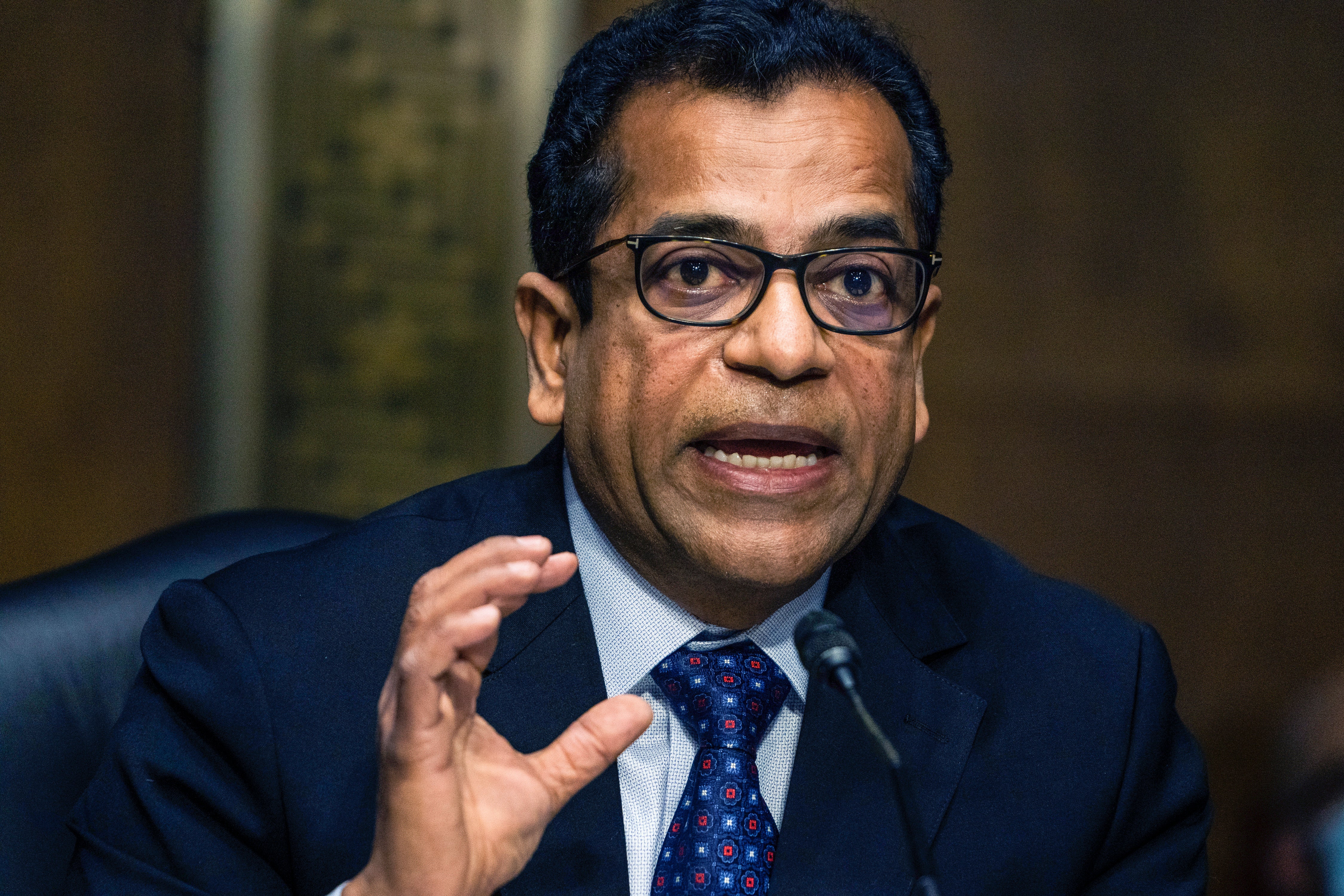Hackers targeted SolarWinds earlier than previously known
The president and chief executive officer of SolarWinds says the hackers who carried out the intrusion of his software company were in its network as early as January 2019

Your support helps us to tell the story
From reproductive rights to climate change to Big Tech, The Independent is on the ground when the story is developing. Whether it's investigating the financials of Elon Musk's pro-Trump PAC or producing our latest documentary, 'The A Word', which shines a light on the American women fighting for reproductive rights, we know how important it is to parse out the facts from the messaging.
At such a critical moment in US history, we need reporters on the ground. Your donation allows us to keep sending journalists to speak to both sides of the story.
The Independent is trusted by Americans across the entire political spectrum. And unlike many other quality news outlets, we choose not to lock Americans out of our reporting and analysis with paywalls. We believe quality journalism should be available to everyone, paid for by those who can afford it.
Your support makes all the difference.The hackers who carried out the massive SolarWinds intrusion were in the software company's system as early as January 2019, months earlier than previously known, the company's top official said Wednesday.
SolarWinds had previously traced the origins of the hack to the fall of 2019 but now believes that hackers were doing “very early recon activities” as far back as the prior January, according to Sudhakar Ramakrishna, the company's president and chief executive officer.
“The tradecraft that the attackers used was extremely well-done and extremely sophisticated, where they did everything possible to hide in plain sight, so to speak," Ramakrishna said during a discussion hosted by the RSA Conference.
The SolarWinds hack, which U.S. officials have linked to the Russian government, is one in a series of major breaches that has prompted a major cybersecurity focus from the Biden administration. By seeding the company's widely used software update with malicious code, hackers were able to penetrate the networks of multiple U.S. government agencies and private sector corporations in an apparent act of cyberespionage.
Also Wednesday, Ramakrishna apologized for the way the company during congressional testimony earlier this year had publicly blamed an intern for poor password security protocols. That public attribution of blame, he said, was “not appropriate.”
“I have long held a belief system and an attitude that you never flog failure. You want your employees, including interns, to make mistakes and learn from those mistakes and together we become better," he added. "Obviously you don't want to make the same mistake over and over again. You want to improve.”